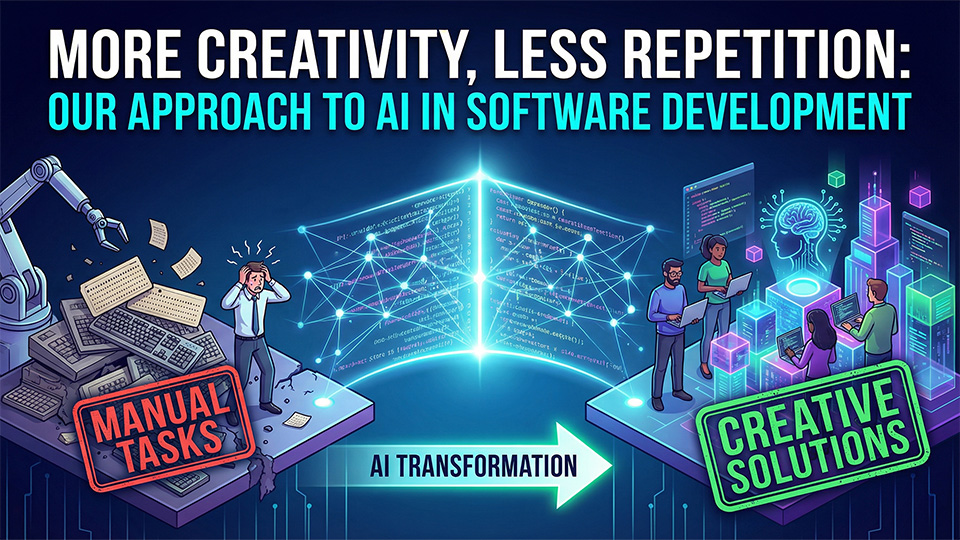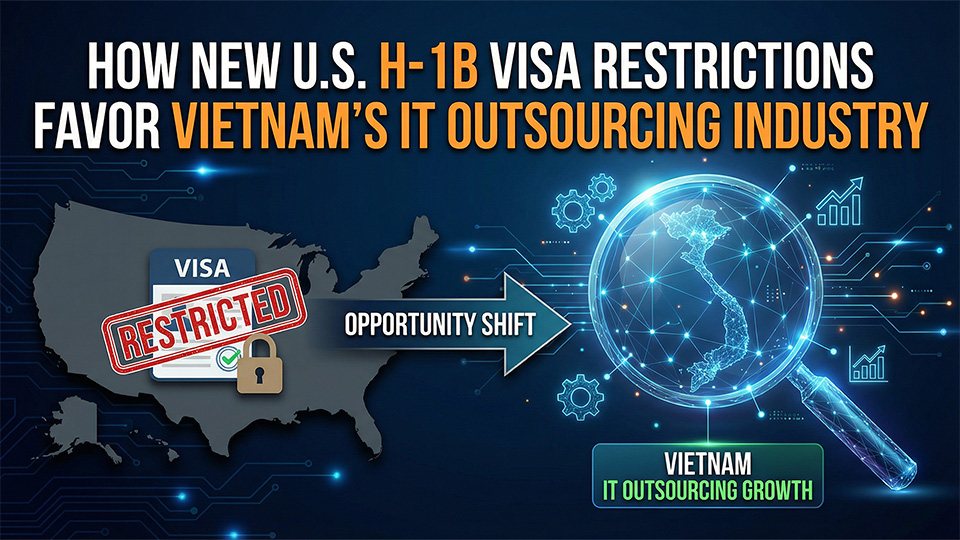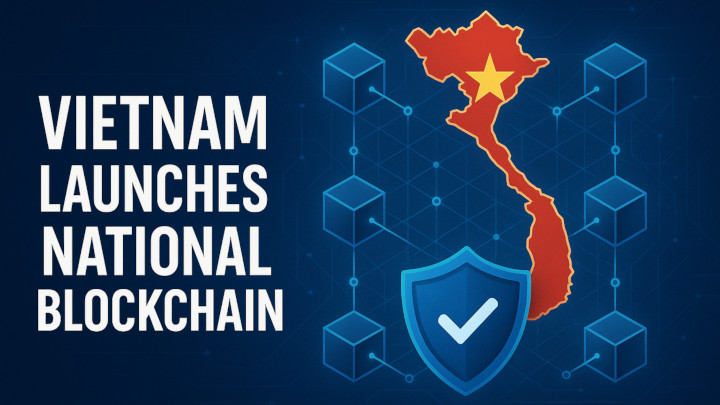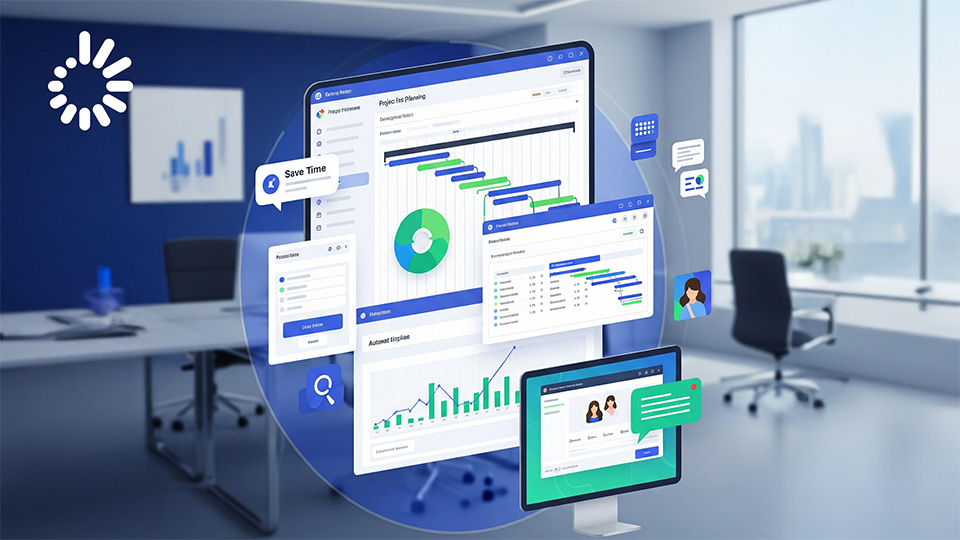September 13, 2022
Offshoring and Outsourcing: What’s the Difference?
Introduction
If you have a software development project you want to pay others to build, you might have come across the terms “offshore” and “outsource”. What do they mean, and what is the difference between them? This article will define the two terms and guide you on the best place to outsource or offshore software development.
What is outsourcing?
Outsourcing refers to getting work done by a third party, usually a service provider. Outsourcing is the way to go if you are too busy to work on your project or find it a waste to hire in-house developers just for one project. You can outsource a business function, a project, or a specific activity to an external provider. The term outsourcing came into the business field in the 1980s as companies tend to grow larger and the skills required are more specialized. External providers soon became the fastest and most cost-effective solution.
What is offshoring?
Offshoring refers to getting work done in a different country, usually to leverage the cost advantage. Offshoring started becoming popular towards the end of the twentieth century with improved shipment technology and telecommunications infrastructure. Today, offshoring a software development project is easier than ever with the Internet. Businesses often offshore because it is an efficient way to get things done in other geographical areas, especially in developing countries where wages are lower.

Offshoring vs. Outsourcing: Benefits & Risk and criticism
Businesses choose to outsource for the cost advantage as contracting a specialized work out to the expert saves time and removes the hassle of getting it done. By outsourcing a complex project or function to another party, your business can focus on the core competency, improving your competitive advantage and pushing you to the top. By having a development firm working on your project, they can ensure quality and timeliness as well as labor flexibility for your business. Offshoring covers all of the mentioned advantages and lowers the cost at the same time. The better availability of highly skilled people and getting the work done faster are also big pluses.
Both offshoring and outsourcing have faced risks and criticism, especially from a political standpoint. Politicians and laid-off workers feel like these practices are “stealing jobs” by transferring to other countries. Some difficulties businesses face when offshoring is language barriers, poor communication, and inconvenient time zones. For outsourcing, issues regarding the misaligned interest of the client may arise, as well as higher costs.
At Dirox, we take extraordinary measures to ensure your needs are understood clearly, and the progress is communicated frequently. Working with us is just like having an extended in-house team, as we are friendly, proactive, and enthusiastic.
A better solution: Offshore outsourcing
It’s possible to offshore but not outsource. An example would be a business’ customer service center in India serving American customers. It’s also possible to outsource but not offshore. An example would be hiring a law firm to review contracts instead of hiring in-house legal staff. A combination of the two would result in offshore outsourcing. This is a practice of hiring a vendor to develop your software offshore and takes advantage of the vendor’s experience, expertise, economies of scale, and endless pool of talents.

Vietnam for offshore outsourcing software development
Now that you know the difference between offshoring, outsourcing, and offshore outsourcing, where do you go from here? Offshore outsourcing is available everywhere, but here are a few reasons why Vietnam is the best choice to develop your software project.
Outsourcing readiness: According to a Vietnam IT Market Report 2020, there are about 400,000 software engineers ready to get their hands on development projects. They are primarily young, fast-learning, and experienced talents with refined technical and soft skills. Many tech giants like Samsung, Microsoft, and Cisco choose Vietnam for offshore outsourcing in manufacturing and R&D activities.
Diverse technical skills: The pool of software engineers in Vietnam has the technical skill set for back-end, front-end, mobile, full-stack, and database. And that’s not it! A wide range of other positions serve every aspect of your project, from UI/UX designer, iOS & Android developer to agile facilitator and DevOps specialist.
Economic outlook & Government initiatives: Vietnam is among the top fastest growing countries with extensive market-oriented and outward-looking economic policies. The Vietnamese government aims to facilitate a modern and business-driven plan. Foreign investments are rising and encouraged.
Cost-effective: If you have a tight budget or are looking to minimize the cost, offshoring to Vietnam is a good option due to its low development costs and access to a large talent pool. Check out our guide to the average cost for software development outsourcing here to sneak peek into the numbers as well as learn about which factors affect the cost.
Conclusion
With the overwhelming advantages that offshore outsourcing brings to you or your business, the next step is choosing which firm. Dirox offers software development in one of the fastest-growing countries in the world, Vietnam. Our services range from web development to implementing artificial intelligence, machine learning, and more! We are an enthusiastic, cost-effective, and talented team who are happy to partner with your business and deliver your project on time, on budget, and on quality.






























.svg)













